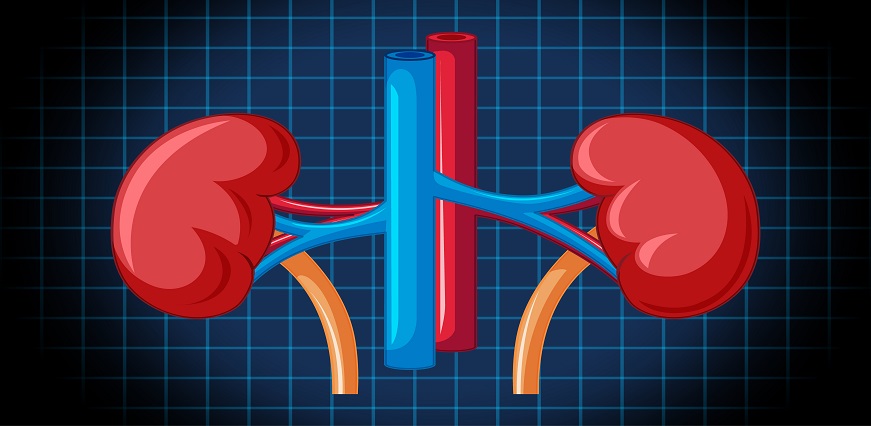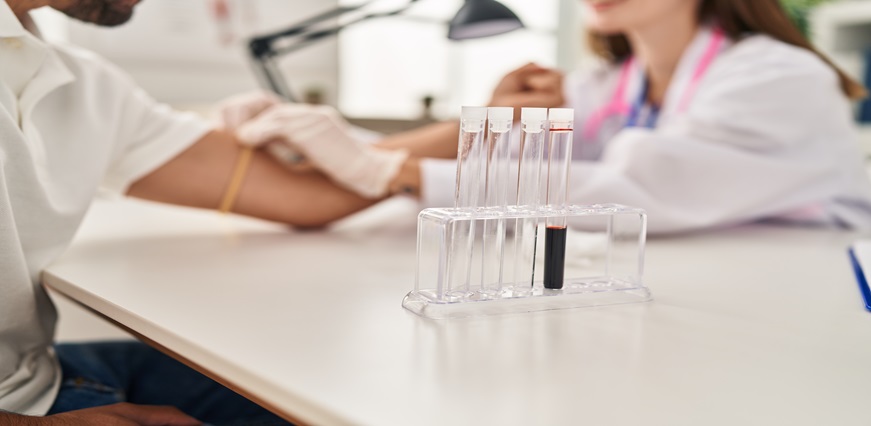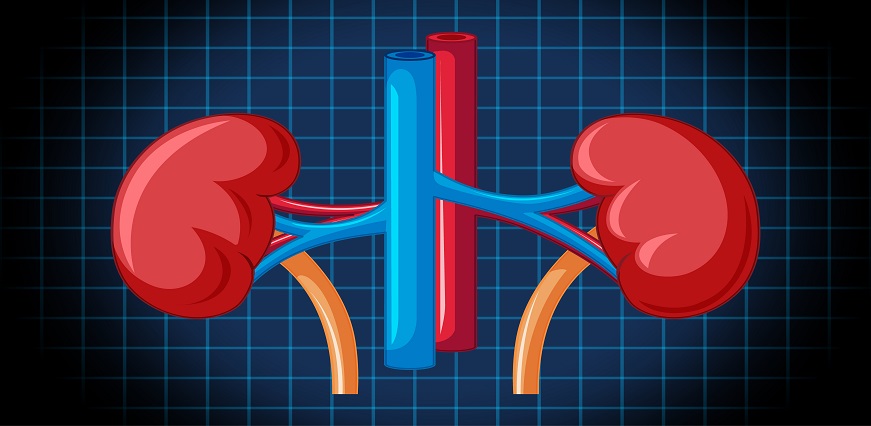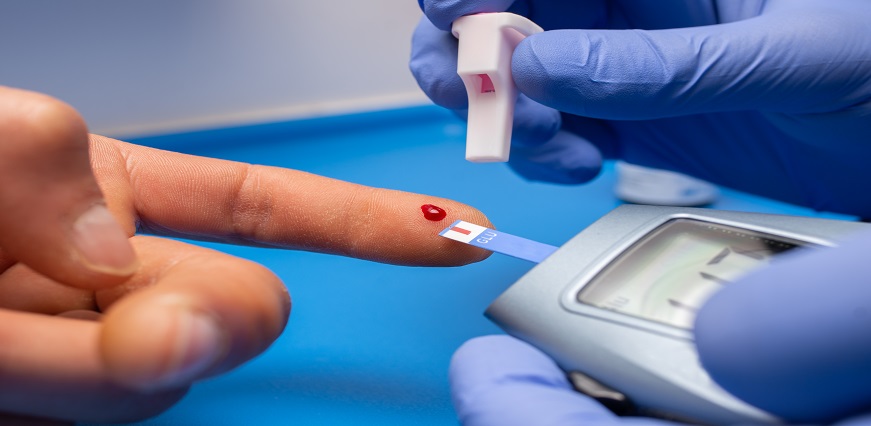

Max Lab > Lab Test in Ambala > Lab Test in Ganeshpur > MRD-ALL Panel
₹ 12500
10% OFF for Senior Citizens | USE CODE SS10 *
@3x.png) Description
Description
Minimal residual disease is defined as the small number of cancer cells that remain in the body after cancer treatment. Measurable or minimal residual disease (MRD) testing is used to observe whether the cancer treatment is working fine or not. It also helps to plan further treatment plans. MRD test in Ganeshpur, Ambalaing is mainly used in blood cancers, such as leukaemia, lymphoma, and myeloma. MRD test in Ganeshpur, Ambala for acute leukaemia is the strongest independent prognostic predictor. Also, for the treatment of adult and paediatric acute lymphocytic leukaemia (ALL), MRD test in Ganeshpur, Ambalaing is a part of routine test in Ganeshpur, Ambalaing. Additionally, in relapsed settings of multiple myeloma, MRD test in Ganeshpur, Ambalaing is a predictor of survival outcomes. The standard procedure of the MRD test in Ganeshpur, Ambala is to assess the number of myeloma cells in a bone marrow sample using techniques like genetic sequence analysis, next-generation sequencing and flow cytometry: next-generation flow.
MRD test in Ganeshpur, Ambala is done to find any remaining cancer cells that may be left in small numbers. MRD lab test in Ganeshpur, Ambalas use sensitive methods which can find even a single cancer cell in 1 million healthy cells. MRD blood test in Ganeshpur, Ambalas include methods such as polymerase chain reaction (PCR), multiparametric flow cytometry, and next-generation sequencing (NGS). Such test in Ganeshpur, Ambalas are used after initial treatments for blood cancers like multiple myeloma. It helps to observe how well a person’s body is responding to treatment, if the person is in full remission, and to check if remission is stable or not or if there is any recurrence.
MRD test in Ganeshpur, Ambala results can affect a person’s treatment by helping in making treatment decisions and improving patient outcomes as it helps in:
@3x.png) Description
Description
Minimal residual disease is defined as the small number of cancer cells that remain in the body after cancer treatment. Measurable or minimal residual disease (MRD) testing is used to observe whether the cancer treatment is working fine or not. It also helps to plan further treatment plans. MRD test in Ganeshpur, Ambalaing is mainly used in blood cancers, such as leukaemia, lymphoma, and myeloma. MRD test in Ganeshpur, Ambala for acute leukaemia is the strongest independent prognostic predictor. Also, for the treatment of adult and paediatric acute lymphocytic leukaemia (ALL), MRD test in Ganeshpur, Ambalaing is a part of routine test in Ganeshpur, Ambalaing. Additionally, in relapsed settings of multiple myeloma, MRD test in Ganeshpur, Ambalaing is a predictor of survival outcomes. The standard procedure of the MRD test in Ganeshpur, Ambala is to assess the number of myeloma cells in a bone marrow sample using techniques like genetic sequence analysis, next-generation sequencing and flow cytometry: next-generation flow.
MRD test in Ganeshpur, Ambala is done to find any remaining cancer cells that may be left in small numbers. MRD lab test in Ganeshpur, Ambalas use sensitive methods which can find even a single cancer cell in 1 million healthy cells. MRD blood test in Ganeshpur, Ambalas include methods such as polymerase chain reaction (PCR), multiparametric flow cytometry, and next-generation sequencing (NGS). Such test in Ganeshpur, Ambalas are used after initial treatments for blood cancers like multiple myeloma. It helps to observe how well a person’s body is responding to treatment, if the person is in full remission, and to check if remission is stable or not or if there is any recurrence.
MRD test in Ganeshpur, Ambala results can affect a person’s treatment by helping in making treatment decisions and improving patient outcomes as it helps in:

The kidneys play an important role in maintaining overall health. One of thei...Read More

Creatinine is a chemical by-product produced by regular muscle metabolism as ...Read More

Two bean-shaped organs in the human body, the kidneys are as important for ma...Read More

High blood urea is a condition that affects millions of people worldwide. It ...Read More

Urinary tract stones, commonly known as kidney stones, are hard mineral depos...Read More

Uremia is a word that makes people raise an eyebrow and question. It's no...Read More